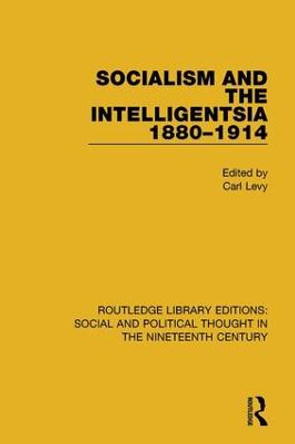This book brings to life the growth of the socialist movement among men and women artists and writers in late nineteenth-century Britain. For these campaigners, socialism was inseparable from a desire for a new beauty of life; beauty that also, for many, required them rejecting the sexual conventions of the Victorian era. From the early 1880s and well into the twentieth century, the efforts of these writers and activists existed in critical tension with other contemporary developments in literary culture. Livesey maps the ongoing dialogue between socialist writers like William Morris, decadent aesthetes such as Oscar Wilde and defining figures of early modernism including Virginia Woolf and Roger Fry. She concludes that socialist writers developed a distinct political aesthetic in which the love of beauty was to act as a force for revolutionary change. The book draws on archival research and extensive study of socialist periodicals, together with readings of works by writers including Morris, Wilde, Schreiner, George Bernard Shaw, Isabella Ford, Carpenter, Alfred Orage, Woolf and Fry. Livesey uncovers the lasting influence of socialist writers of the 1880s on the emergence of British literary modernism and by tracing the lives of neglected writers and activists such as Clementina Black and Dollie Radford, she provides a vivid evocation of an era in which revolution seemed imminent and the arts a vital route to that future.
Reviews[an] absorbing book * Joseph Bristow, Times Literary Supplement *
This book brings to life the growth of the socialist movement among men and women artists and writers in late nineteenth-century Britain. * Spartacus Review *
[an] accomplished, often witty and deeply researched exploration * Seth Koven, English Historical Review *
Book InformationISBN 9780197263983
Author Ruth LiveseyFormat Hardback
Page Count 246
Imprint Oxford University PressPublisher Oxford University Press
Weight(grams) 529g
Dimensions(mm) 240mm * 165mm * 20mm







